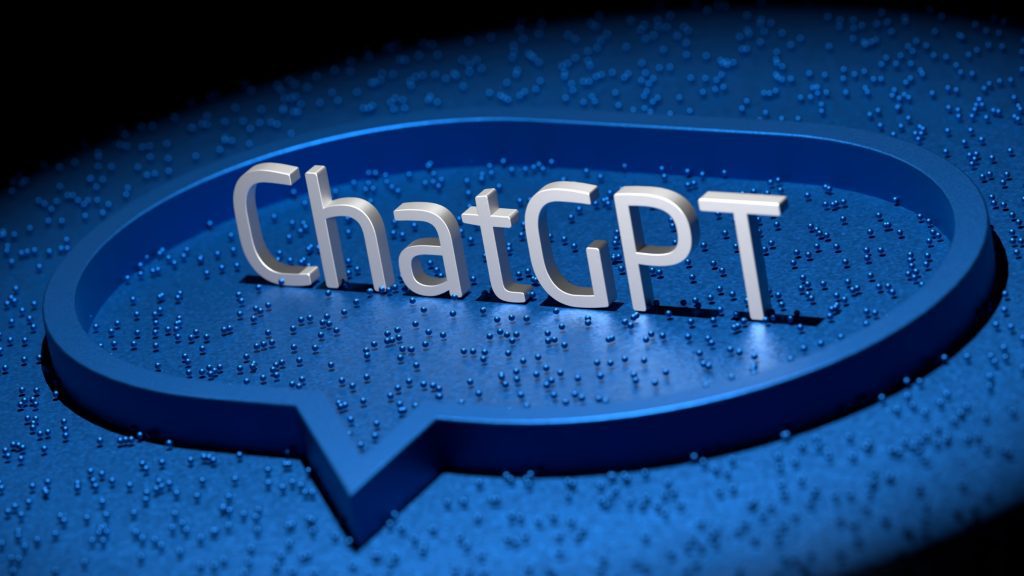
The ‘Memory’ feature, now available to all ChatGPT Plus subscribers, personalizes interactions with the AI-powered chatbot.
- Originally announced in February, the Memory feature underwent testing with a limited user base.
- It has now been made available to all ChatGPT Plus subscribers, excluding those in Europe and Korea.
- Users can instruct ChatGPT to retain specific information, and the AI algorithm autonomously learns from conversations to accommodate individual preferences.
OpenAI’s new ‘Memory’ feature is now available for all ChatGPT Plus subscribers, enabling the AI-powered chatbot to recall personalized details from past interactions.
The Memory feature was initially announced in February for testing with a limited user base. It is now accessible to all ChatGPT Plus subscribers, except those in Europe and Korea.
Unlike conventional chatbots that reset after each conversation, ChatGPT’s Memory feature ensures continuity by ‘memorizing’ user preferences and context across multiple interactions. This capability allows for smoother and more efficient communication, akin to interacting with a human-like assistant. Now, the chatbot will also notify you if its AI Memory gets updated after a prompt.
In their blog post, the AI company gave examples of the practical application of this AI Memory feature. They ranged from personalized meeting summaries to tailored lesson plans for educators. As brief as they were, these examples showed the versatility and utility of the feature across various domains.
The AI Memory enhances the chatbot’s responses in two ways. For one, users have the option to instruct ChatGPT to retain particular information, which guarantees customized support in upcoming chats. For two, the AI algorithm improves its capacity to accommodate individual preferences by learning on its own through conversations.
As creepy as that may sound, OpenAI assured users that they will always have control over what ChatGPT retains. They wrote, “Memory brings additional privacy and safety considerations, such as what type of information should be remembered and how it’s used. We’re taking steps to assess and mitigate biases, and steer ChatGPT away from proactively remembering sensitive information, like your health details – unless you explicitly ask it to.”
Chatbots remembering user preferences can be a double-edged sword. Sure, it streamlines experiences, but what if it remembers details we didn’t share explicitly? Imagine a shopping bot suggesting maternity wear after a seemingly unrelated conversation. This “creep factor” arises from a loss of control over our digital footprint.
The key lies in user control. We should be able to choose what details a chatbot stores, delete information, and have clear opt-in and opt-out options. Transparency is vital. Users deserve to know how their data is used and for what purposes. Ultimately, trust is paramount. By placing control in users’ hands, chatbots can leverage memory for personalization without succumbing to the perils of being a digital stalker.
Inside Telecom provides you with an extensive list of content covering all aspects of the tech industry. Keep an eye on our Intelligent Tech sections to stay informed and up-to-date with our daily articles.